News
Department of Environmental & Occupational Health
-
/chwe-newsroom/watts-photo-61-copy.jpg?sfvrsn=fc2ff0ba_0)
Student Spotlight: Elizabeth Watts
Jun 11, 2021Our center stands on three pillars: Research, Education, and Practice. One of the many ways we strive to protect workers is by educating and training future leaders in occupational health and safety. As part of our Student Spotlight series highlighting our trainees, we interviewed Elizabeth Watts, a Total Worker Health® Certificate Program student earning an MPH from the Colorado School of Public Health.Full story -

Denver Water is replacing decades-old toxic lead pipes faster than expectedOpens in a new window
Jun 11, 2021Denver Water is working to replace lead pipes for 84,000 homes. John Adgate, PhD, and Glenn Patterson, PhD, professors of environmental and occupational health, explain the history and why low-lead and lead-free pipes are needed.Opens in a new window Full story -
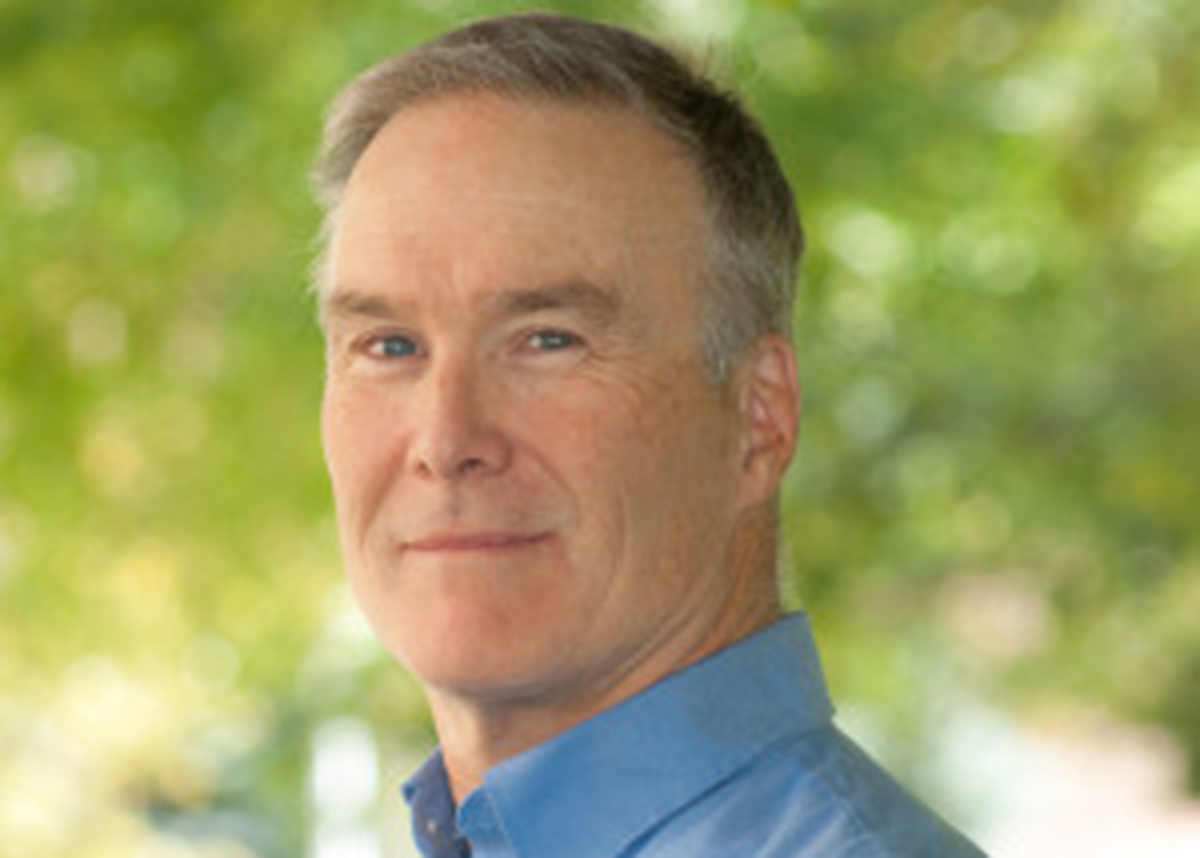
Celebrating Dr. John Adgate’s 12 years as chair of the Department of Environmental & Occupational Health
Jun 7, 2021After 12 years, Dr. John Adgate is stepping down as chair of the Department of Environmental & Occupational Health. He will remain a faculty member for the department and focus on research, teaching and mentoring students.Full story -
.jpg?sfvrsn=ea9cf1ba_0)
Sunscreen with leukemia-causing benzene is latest summer worryOpens in a new window
May 28, 2021Daniel Teitelbaum, MD, MA, adjunct professor of occupational and environmental health, weighs in on how benzene could have found its way into hand sanitizers and sunscreens—possibly through solvents.Opens in a new window Full story -

Bettering the world through data (and spreadsheets)Opens in a new window
May 25, 2021Alexa Hansen graduated in December from the Colorado School of Public Health. She talks about her unique academic journey and the mentors who made it possible.Opens in a new window Full story -

NIH research grant to address kidney disease among women in Guatemala
May 24, 2021Dr. Jaime Butler-Dawson, from the Center for Health, Work, & Environment, has received a Career Development Award from the NIH. The three-year K01 grant from the National Institute of Environmental Health Sciences will provides support to examine the environmental determinants of kidney injury in female sugarcane workers and female community members in Guatemala.Full story -
.jpg?sfvrsn=522a7bba_0)
Supporting employee mental health: A new module for employers to make real change
May 19, 2021The Center for Health, Work & Environment, in partnership with the Helen and Arthur E. Johnson Depression Center, has launched the Workplace Mental Health Module—an online toolkit that helps employers support employees and their mental health.Full story -

Are we ready to return to in-person work?Opens in a new window
May 18, 2021Lee Newman, MD, MA, Distinguished Professor and director of the Center for Health, Work & Environment, discusses what employers should consider as they move to bring staff back in-person.Opens in a new window Full story -
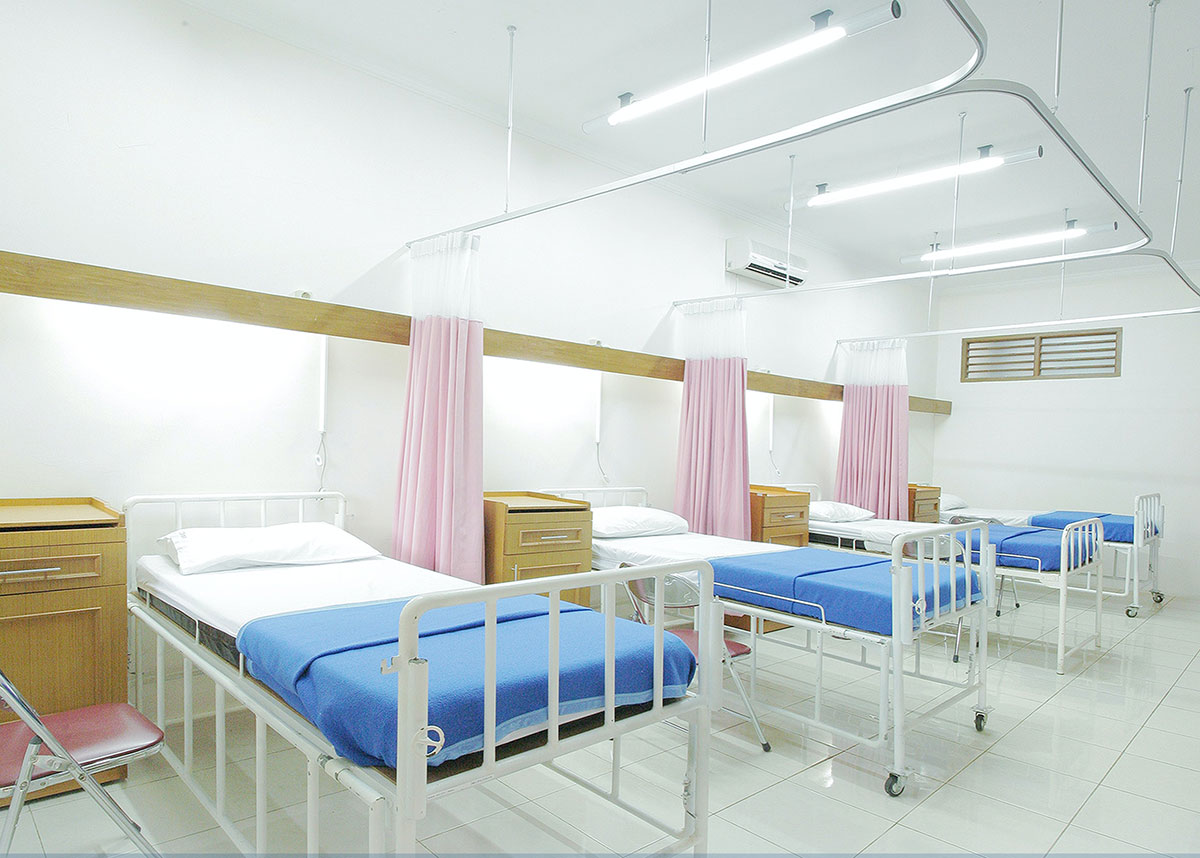
Health officials concerned over COVID-19 hospital admissionsOpens in a new window
May 11, 2021Dean Jonathan Samet, Professor Glen Mays, and Associate Professor Elizabeth Carlton share their concerns about state hospitalization metrics, while expressing optimism about the role that high vaccination rates could play.Opens in a new window Full story -
/chwe-newsroom/img_4602.jpg?sfvrsn=45478ba_0)
New research team launches to combat the effects of climate change on workers and communities
May 7, 2021The Center for Health, Work & Environment and the Colorado Consortium on Climate Change and Human Health have launched the Climate, Work & Health Initiative (CWHI). CWHI is an interdisciplinary team of expert researchers, scientists, doctors, and public health professionals dedicated to combating the effects of climate change on vulnerable populations.Full story -
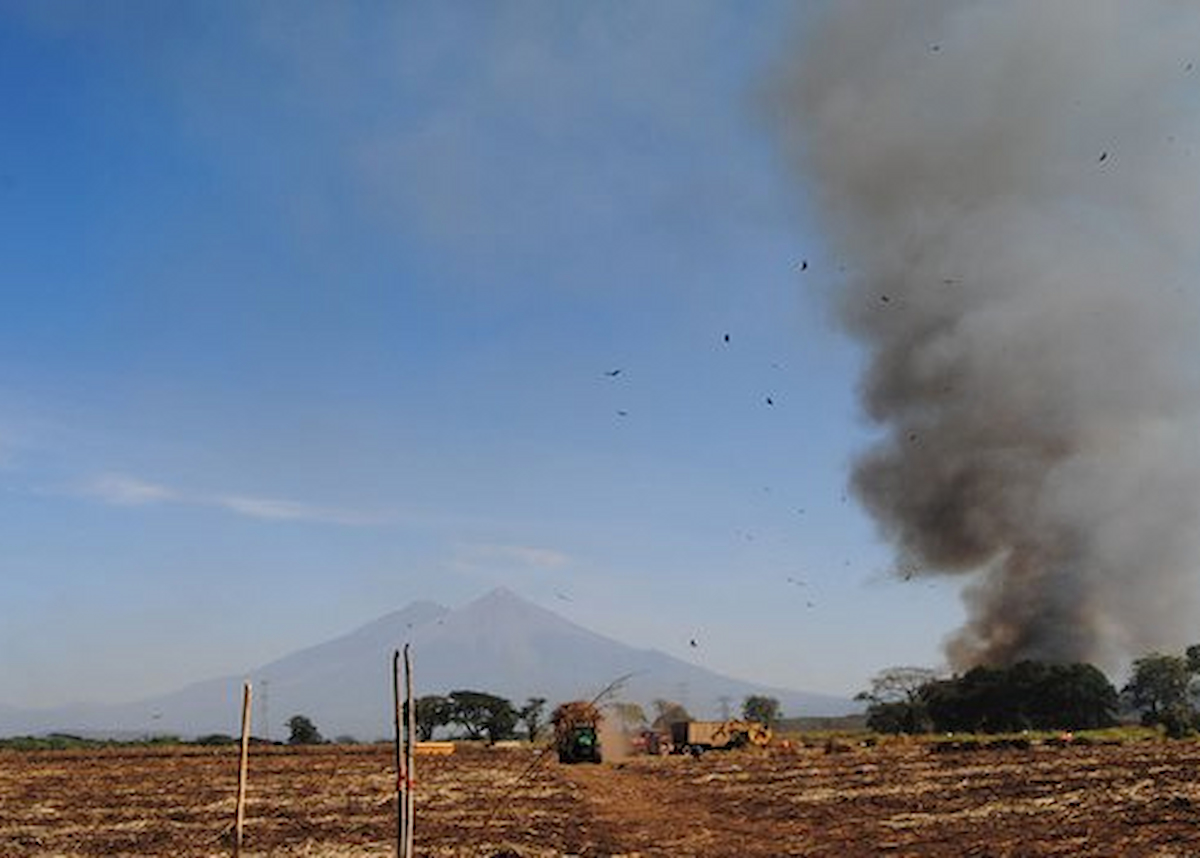
Research team studies the effects of extreme heat on kidney function in outdoor workersOpens in a new window
May 1, 2021Researchers from the Center for Health, Work & Environment are studying the effects of multiple occupational and environmental factors, such as heat stress and exposure to heavy metals and agrochemicals, on chronic kidney disease of unknown origin among agricultural workers in Guatemala.Opens in a new window Full story -
/164285153_10164854547480277_7589037930641860062_n.png?sfvrsn=c7a473ba_0)
NIOSH’s 50th anniversary and our impact through partnership
Apr 28, 2021The National Institute of Occupational Safety and Health (NIOSH) is celebrating its 50th anniversary this month. Our center has been a proud NIOSH-funded center since 2007. Explore the diverse group of students and workers that have benefited from NIOSH's support through our Center.Full story -
/chwe-newsroom/adobestock_243688698-copy.jpg?sfvrsn=a36573ba_0)
How to help small business leaders achieve Total Worker Health®
Apr 23, 2021A team from the Center for Health, Work & Environment completed a multi-year research project with practical applications for small businesses. Small business leaders learned how to promote healthy workplace practices and culture with a Total Worker Health approach.Full story -
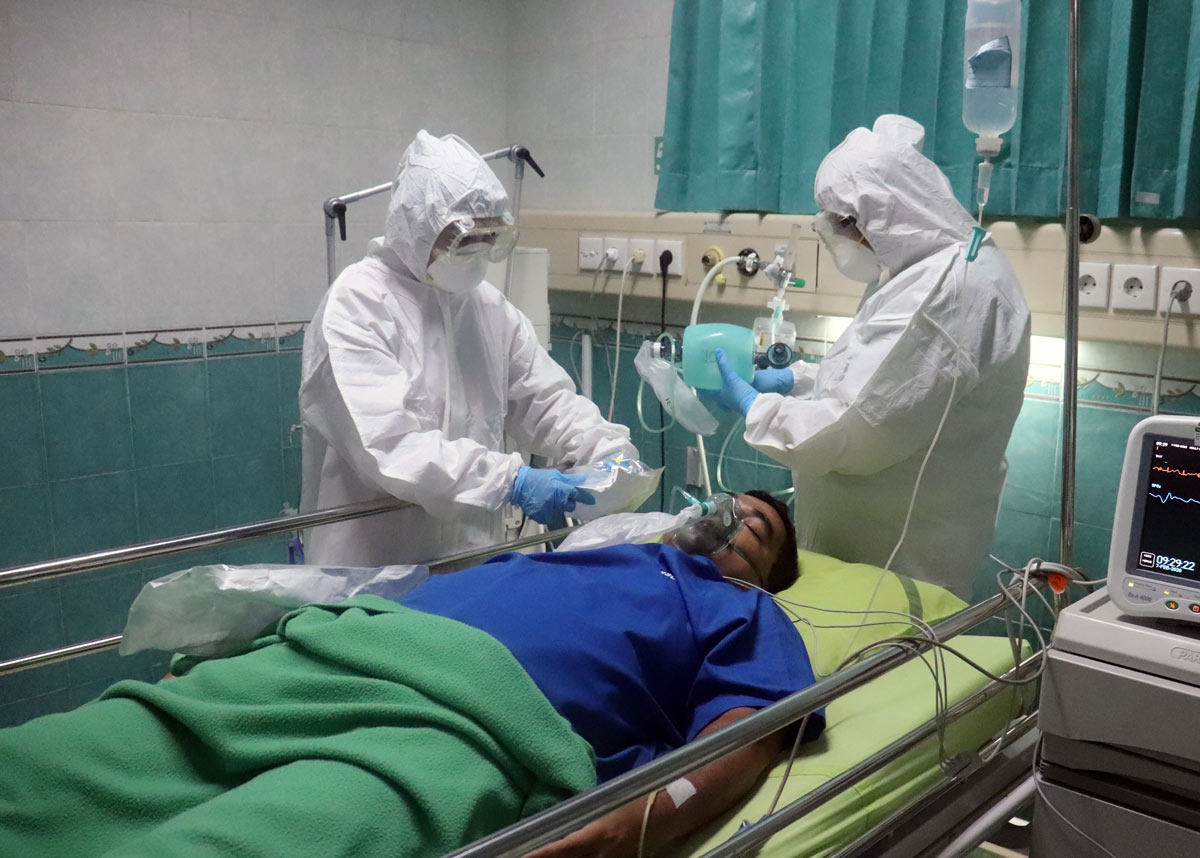
Colorado health officials warn of a new surge as counties loosen virus restrictionsOpens in a new window
Apr 18, 2021In a recent article in the New York Times, Dr. Elizabeth Carlton, associate professor and Colorado COVID-19 Modeling Team member, expresses her concerns that without policies to slow transmission, COVID-19 hospitalizations will continue to rise.Opens in a new window Full story -
/chwe-newsroom/img_6581-76-copy.jpg?sfvrsn=ddd469ba_0)
Student Spotlight: Jillian Moore
Mar 29, 2021Our center stands on three pillars: Research, Education, and Practice. One of the many ways we strive to protect workers is by educating and training future leaders in occupational health and safety. As part of our Student Spotlight series highlighting our trainees, we interviewed Jillian Moore, a Master's candidate in our Industrial Hygiene program based at Colorado State University in Fort Collins, CO.Full story -

$3 million NIH grant for Colorado School of Public Health worker health study
Mar 25, 2021Three groups from the Colorado School of Public Health have been awarded a $3 million 5-year grant from the National Institutes of Health (NIH) to study the effects of air pollution and climate on the kidney health of sugarcane workers in Guatemala.Full story -
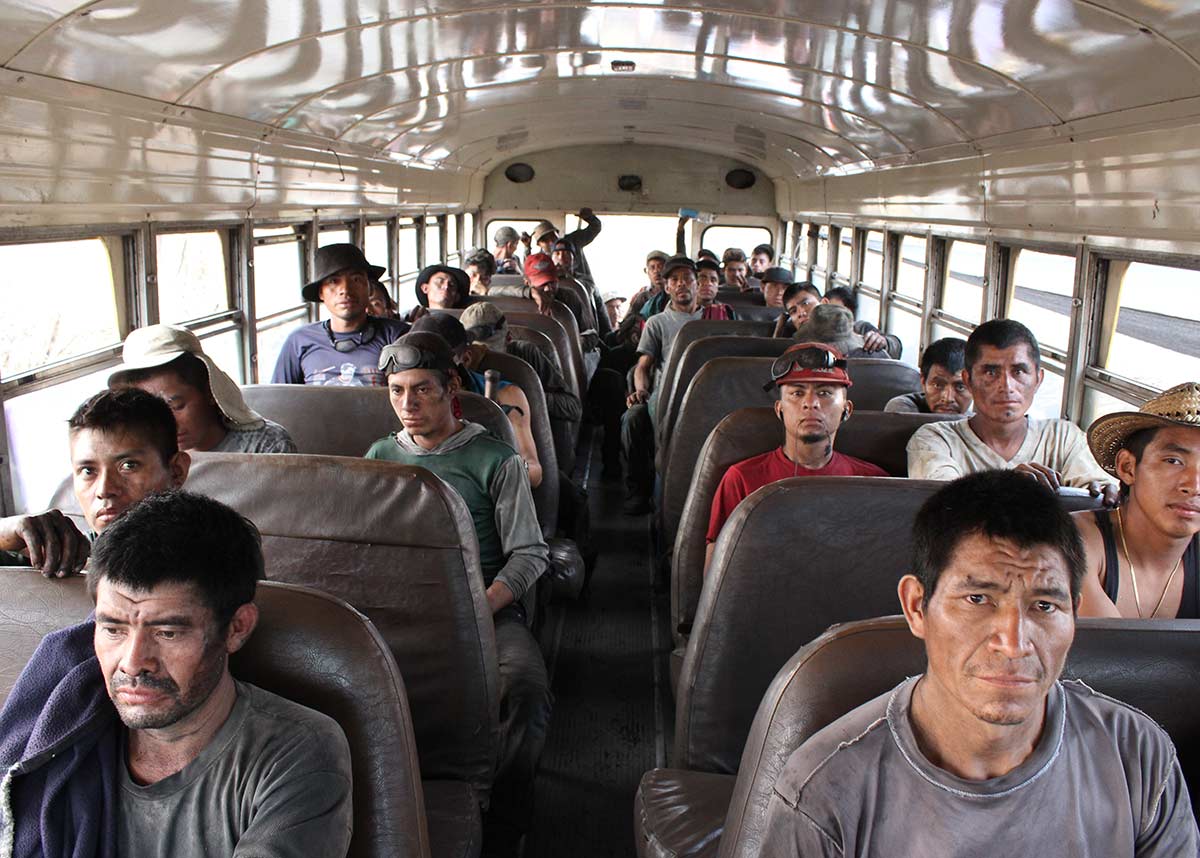
Bringing Total Worker Health® to a multinational agribusiness in Latin America
Mar 25, 2021In a study published in the International Journal of Environmental Research and Public Health, researchers from the Center for Health, Work & Environment examine the effectiveness of Total Worker Health interventions in an international context.Full story -
/chwe-newsroom/dsc00417-copy.jpg?sfvrsn=a1f168ba_0)
Carol Brown has her finger on the pulse of our centerOpens in a new window
Mar 24, 2021If you are in academia, you already understand the value of a person like Carol Brown. Research and educational programs are only as good as their design. You may have an intriguing hypothesis, quality instructors, strong syllabi, proper funding, and high enrollment, but without proper design and evaluation, your initiatives will not be successful.Opens in a new window Full story -
.jpg?sfvrsn=dd956fba_0)
COVID-19 hospitalizations in Colorado jump up again as experts warn ‘we aren’t out of the woods yet’Opens in a new window
Mar 16, 2021Dean Jonathan Samet and associate professor Elizabeth Carlton caution that while COVID-19 cases have declined since the winter surge, cases and positive tests have plateaued at high levels seen over the summer.Opens in a new window Full story -
/chwe-newsroom/construction-covid-768x512.jpg?sfvrsn=c3d6dba_0)
COVID-19 Poses Big Challenges for Small Construction FirmsOpens in a new window
Mar 9, 2021Occupational safety and health (OSH) professionals can help small construction firms build safety into their worksites, even during the COVID-19 pandemic.Opens in a new window Full story


